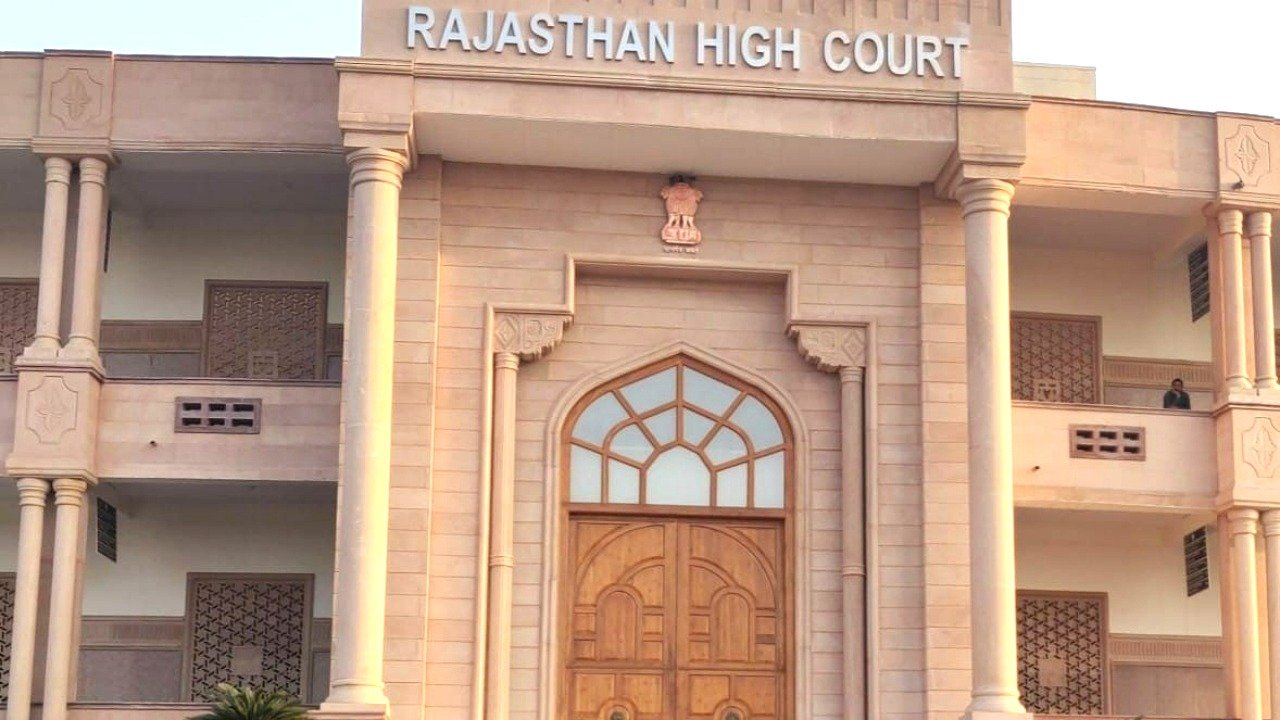Recent ruling where courts emphasized that no conviction can stand when the same evidence leads to acquittal of co-accused. The Supreme Court of India has been clear on this principle, stating that courts cannot convict one accused and acquit another when there’s similar or identical evidence against them.
Key Aspects of the Principle-
Consistency in Evidence: If evidence is the same for multiple accused, courts must apply judgments consistently.
Principle of Parity: Cases of co-accused should be treated alike when evidence is identical.
Supreme Court Precedents: Rulings like Yogarani Vs State by the Inspector of Police (2024 INSC 721) and Javed Shaukat Ali Qureshi v State of Gujarat reinforce this principle.
Relevant Cases Highlighting the Principle-
Yogarani Vs State: Appellant acquitted as co-accused were acquitted based on same evidence.
George Vs The State of Tamil Nadu: SC overturned conviction where High Court acquitted two accused but convicted another based on same witness testimony.
Murder Case Acquittal: SC acquitted appellant due to inconsistent reliance on interested witness’s testimony.
Implications-
Fairness and Consistency: Ensures like treatment of accused with similar evidence.
Credibility of Witnesses: Courts scrutinize testimony, especially of interested witnesses.
Evidentiary Standards: Convictions require reliable, consistent evidence beyond reasonable doubt.
The Indian judiciary has firmly established that a conviction cannot stand when the same evidence acquits co-accused, emphasizing the principle of parity in criminal justice. Courts cannot convict one accused and acquit another when there’s identical or similar evidence against them, as seen in recent rulings like Ugma v. State of Rajasthan (2025) and Yogarani Vs State by the Inspector of Police (2024 INSC 721). The Supreme Court stresses that convictions must be based on credible, consistent evidence beyond reasonable doubt, cautioning against speculative reasoning and selective reliance on witness testimony. This principle ensures fairness, prevents arbitrary adjudication, and underscores that benefit of doubt should apply uniformly when evidence is equally applicable to multiple accused.

